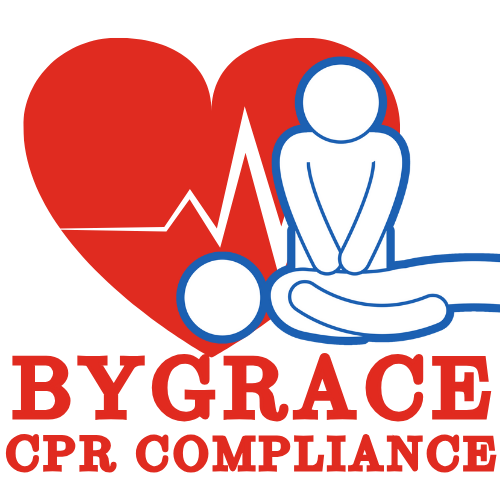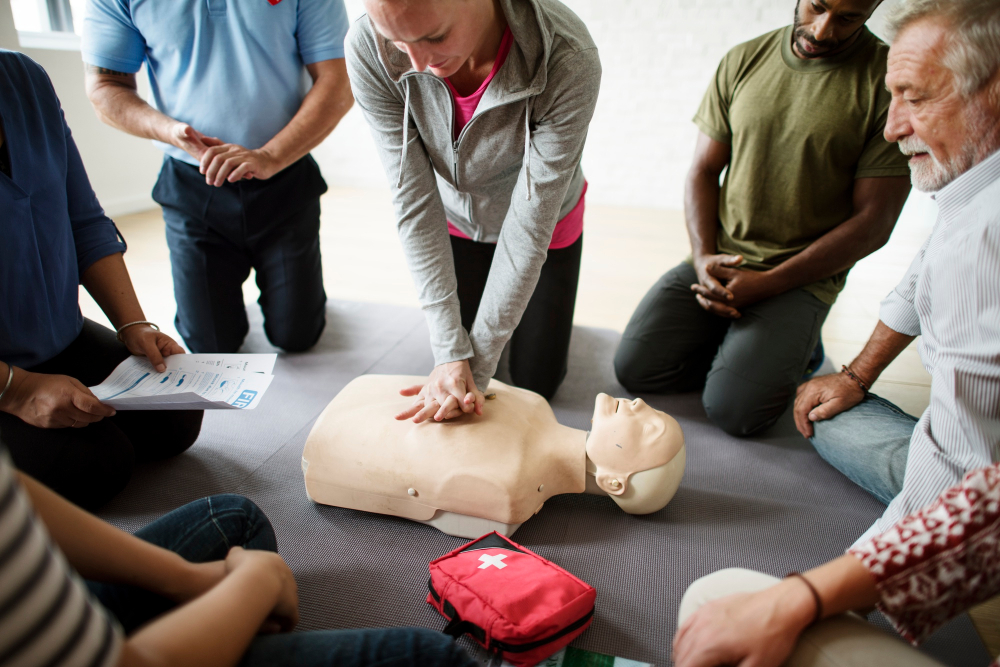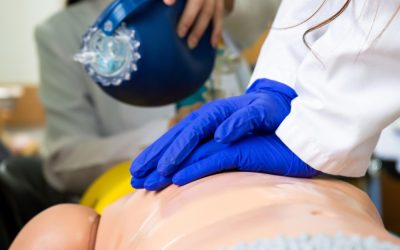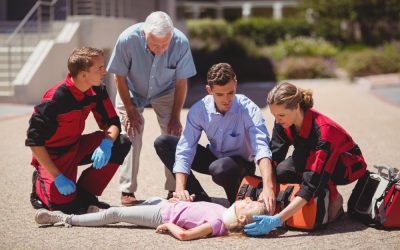For healthcare professionals, possessing current and comprehensive CPR certification is paramount. In this guide, we’ll cover everything you need to know about CPR certification to ensure that healthcare practitioners are well-equipped to respond effectively in critical situations.
1. Certification Requirements for Healthcare Professionals
Healthcare professionals, including doctors, nurses, and paramedics, often require Basic Life Support (BLS) certification. BLS includes CPR training specifically tailored for healthcare settings.
2. Choosing an Accredited Certification Program
Select a certification program recognized by reputable organizations such as the American Heart Association (AHA) or the Red Cross. Ensure the program aligns with the latest guidelines and standards for healthcare CPR.
3. CPR Techniques for Healthcare Settings
Healthcare-focused CPR courses emphasize team dynamics and coordination in resuscitation efforts. Training covers high-quality chest compressions, proper ventilation techniques, and the integration of advanced life support measures.
4. Frequency of Certification Renewal
CPR certification for healthcare professionals typically needs renewal every two years. Staying current is essential as guidelines and techniques may evolve. Check with your certifying organization for specific renewal requirements.
5. Integration with Advanced Life Support (ALS) Training
Healthcare professionals often undergo Advanced Cardiovascular Life Support (ACLS) and Pediatric Advanced Life Support (PALS) training in addition to BLS. These certifications enhance the ability to manage complex cardiac emergencies in various patient populations.
6. Incorporating Automated External Defibrillator (AED) Training
AED use is a crucial aspect of CPR certification for healthcare professionals. Training includes proper AED deployment, pad placement, and coordination with CPR efforts for a comprehensive emergency response.
7. Hands-On Training and Simulation Exercises
Certification programs for healthcare professionals involve hands-on training and simulation exercises. These practical sessions ensure proficiency in applying CPR skills in real-life scenarios, fostering confidence in emergency response.
ByGrace CPR Compliance: Elevating Healthcare CPR Training
At ByGrace CPR Compliance, our healthcare-focused CPR certification courses go beyond the basics. We offer tailored programs designed to meet the unique needs of healthcare professionals, emphasizing the latest guidelines and hands-on practice.





0 Comments